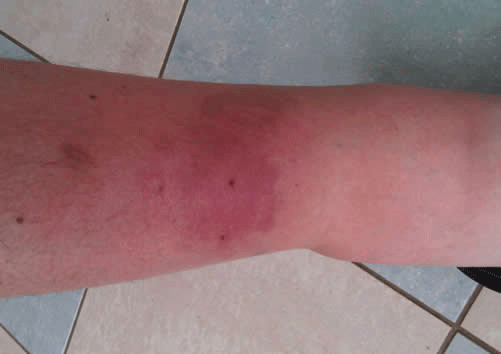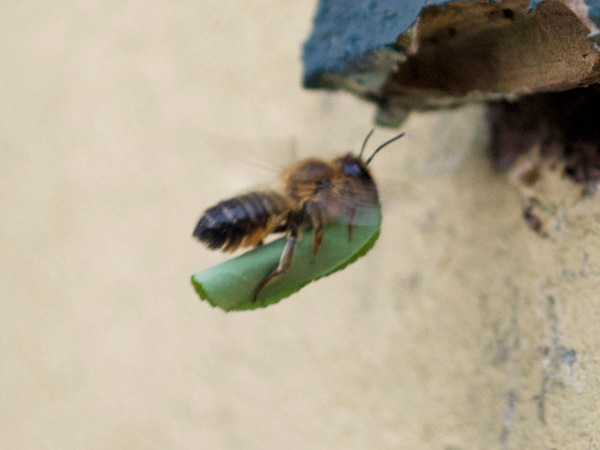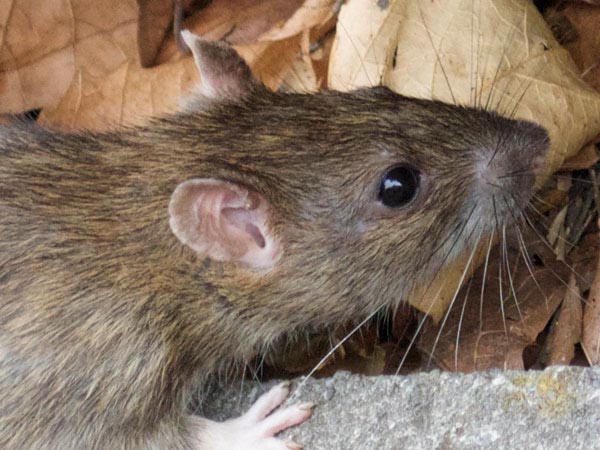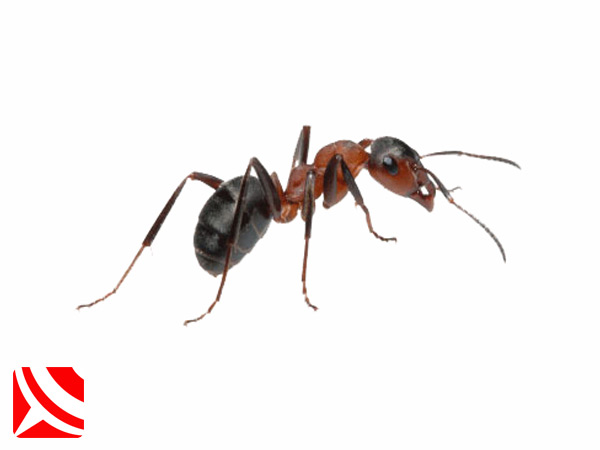What to do if you are stung!
Your aim with a casualty who has been stung severely, is to reduce as far as possible any swelling or discomfort.
If the casualty is showing any of the following signs or symptoms you need to call "999" immediately for help and advice!
- They Have a known SEVERE ALLERGY to stings
- They Lose consciousness and/or become unresponsive
- They Become confused or disorientated
- They Have a respiratory wheeze
- They Have difficulty breathing
- They Have been stung in the mouth, or on the head or neck
First Aid For a Severe Insect Sting Reaction
Signs and Symptoms Of A Severe Insect Sting Reaction
> Fear - anxiety
> Faintness or loss of consciousness
> Fatigue - feeling tired
> Confusion
> Nausea or vomiting
> Difficulty breathing or complete cessation of breathing
> Wheezing
> Swelling of the tongue, face and neck
> Congested - red appearance to face
> Rapid pulse
> Hives and a severe raised red rash, spreading across the body
What to do next
1. Make yourself safe, with a physical barrier or good distance between you and any stinging insects.
2. Keep the casualty calm, reassured and above all still to reduce systemic spread of venom.
3. Call 999 immediately and follow advice
4. Assist a conscious casualty to take an EPI PEN if they have one
5. Remove any sting or stings still in place as quickly as possible
6. If the casualty becomes unconscious place them in the recovery position
7. If the casualty is unresponsive and not breathing normally begin CPR
8. Wait for qualified help to arrive
First Aid & Treatment Advice On Stings
Severe Insect stings in the UK are common thanks to a healthy number of social insect species, all with the ability to sting, like Wasps and Bees. This means they inject venom directly into you with a sting or stinger.
This is a modified egg laying (ovipositor) tube, which is driven through the skin directly into your soft tissues where the venom enters the blood stream blood stream. This venom attacks the body in different ways depending on it's composition.
The danger with venom is that everyone reacts to wasps stings and bee stings differently and as such most people who are stung only experience localised pain and swelling, and are generally unaware how dangerous a sting can be.
Anaphylactic Shock From Insect Stings
In some people, severe stings can cause a life threatening systemic reaction called Anaphylactic Shock that can lead to complications, causing death in under four minutes.
Of course we have medication that can help, but paramedics are not always just around the corner, nor do our mobile phones always work when we are out in the countryside so it pays to understand a little first aid about how to treat insect stings especially in respect of ants, bees and wasps.
The Main culprits are wasps and bees, but it must be stressed that they only use their sting in defense, so when you encounter these insects remember they are sensitive to movement, meaning the slower you move and the quieter you are, the less likely you are to get stung.
How Can I Reduce the Risk of Being Stung?
Wear light, understated or dark clothing, and avoid bright orange, red or yellow.
Avoid wearing strong smelling perfumes, and deodorants etc.
Personal hygiene is important as strong body odours are known to aggravate bees.
Staying well covered with long skirts, trousers, long sleeve tops etc will reduce the area of your body that can be stung.
Avoid flowering plants, shrubs from the laurel family and trees like willow, birch and sycamore.
Check for new nests in lofts, outbuildings, and activity around tree roots and hedge boundaries between April and May when new nests can be easily identified and treated before they are large enough to represent a serious threat to your safety.
Keep areas clean by applying good house keeping procedures to remove residues that might encourage wasps and hornets to forage in occupied areas especially spilt beer, sugary foods and fermenting products.
Where insects are foraging early in the year, protein rich foods are what they are seeking out, so you can avoid getting stung, simply by staying still. Later in the year they are looking for sweet foods that are often harder to come by in mid summer and the higher temperatures increase activity and worsen temperament, so you are far more likely to get stung.
Insect repellents may help you stay safer at this time of year as well as alternative sources of sweet foods such as wasp traps.
If you are attacked by several stinging insects at the same time, run to get away from them. The compound eyes of an insect are able to track movement so if you run, make sure it is in a straight line to reduce your movement signature and increase distance.
Running in a zig-zag just makes you easier to spot and catch. Remember that wasps may pursue you for 150 yards. Once you are stung you are biologically marked with a pheromone that identifies you as a threat, so move away fast, change any clothing and wash any sting sites with soap and water to remove any traces of pheromone or venom.
Stinging insects entering vehicles in the summer or getting into motorcycle helmets is a common cause of accidents and has been implicated in many unexplained accidents.
People, especially those with allergies or phobias are very unlikely to react to this kind of unexpected threat in a logical and calm manner as the fight or flight mechanism kicks into high gear and attention is drawn from the road. There are a number of products on the market to deal with this including air conditioning that removes the temptation to open windows.
For thousands of years humans and animals alike have developed ways of dealing with stings. The truth is that every sting, from every different insect is going to be delivered in a different place and at a different concentration etc, etc.
That means the way we react to each new sting may vary and we should be mindful of this. The best sting cure we have found to most consistently manage stings is to use a venom extractor immediately after being stung. Swelling is often reduced within a few minutes, but the ache remains for far longer.
Nature has created oils and other natural remedies that have been reported to help alleviate the discomfort, we have tried many different kinds and the venom extractor wins, hands down every time. But that's just our experience.






